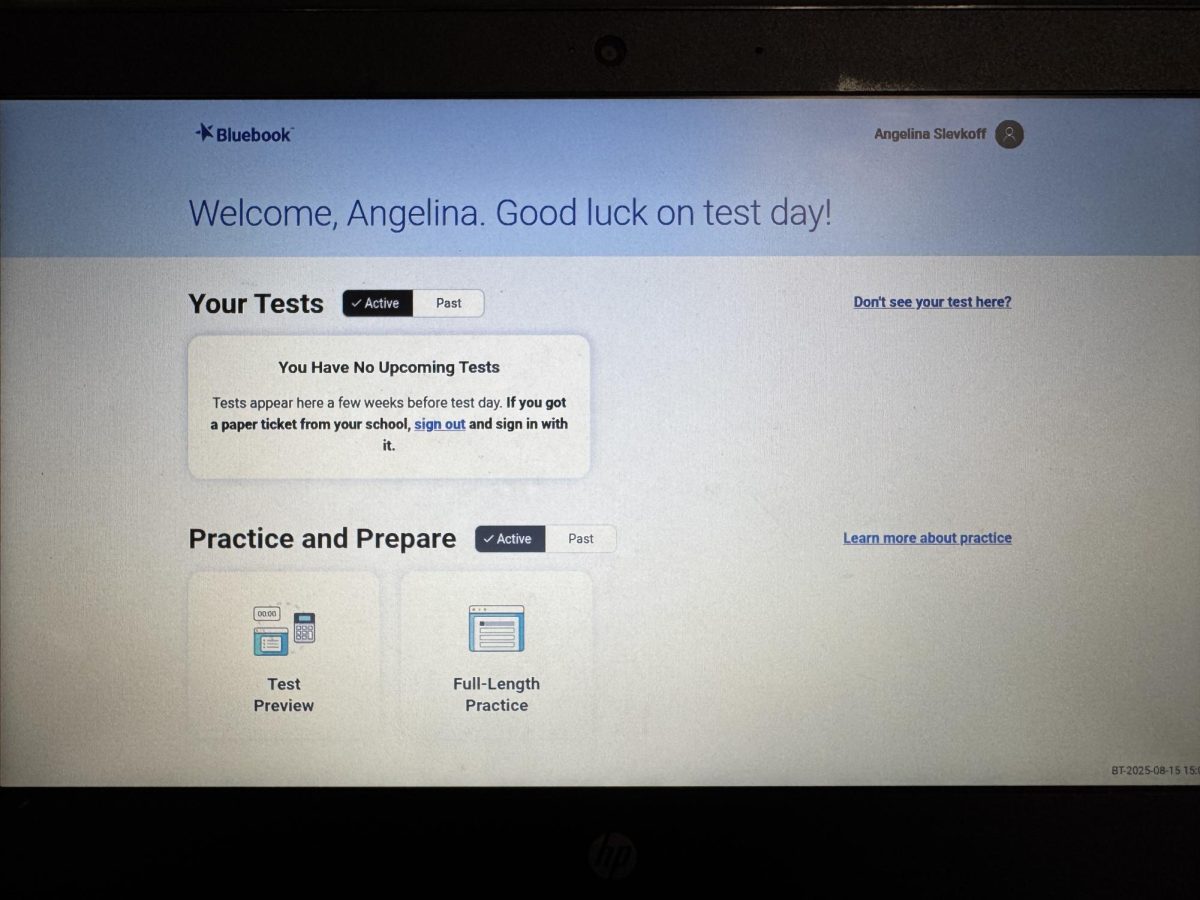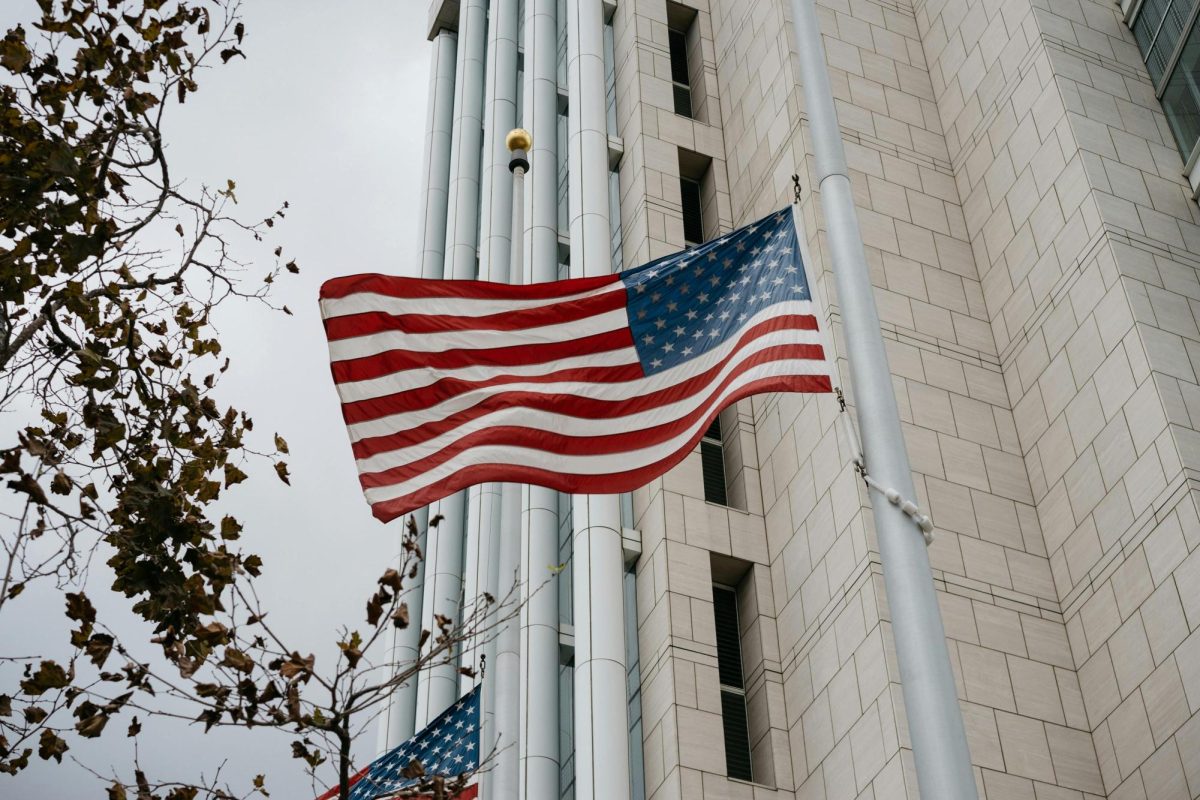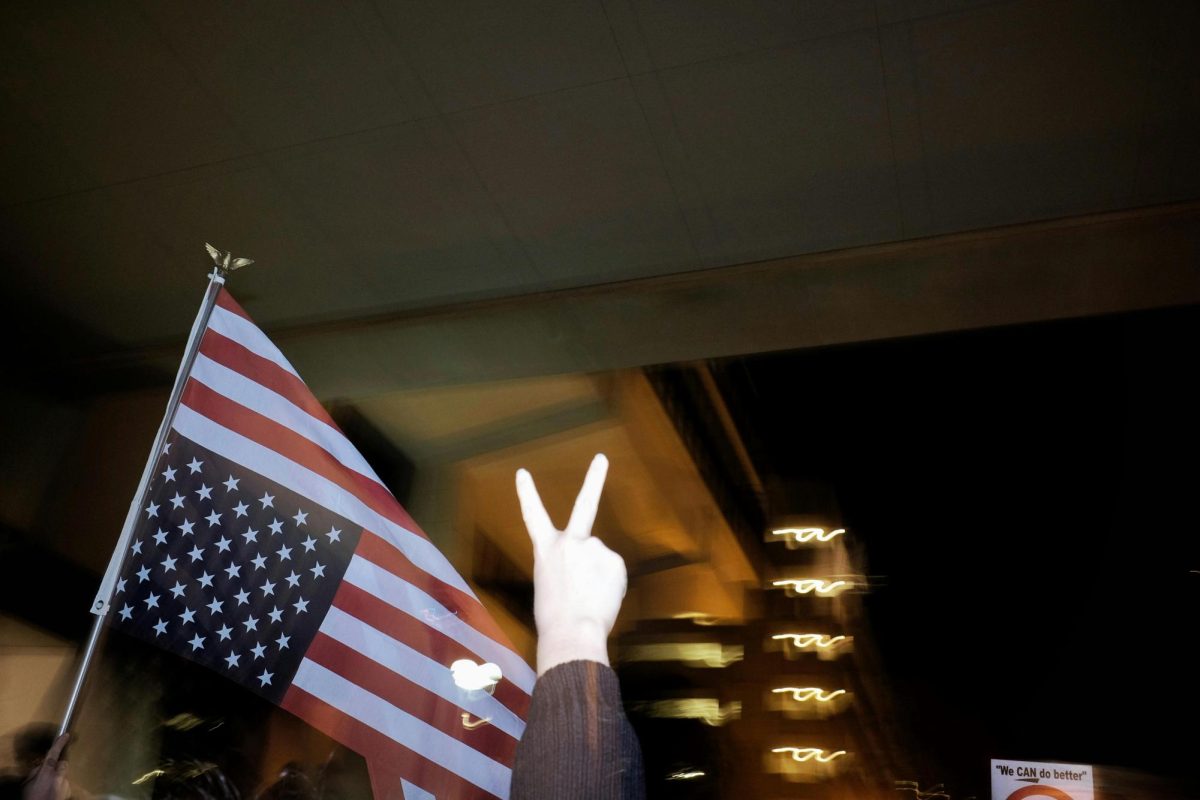With many incidents of political violence in this past year, Pete Hegseth, the head of the Department of War (DoW), announced that reporters would be required to agree to new reporting restrictions for national security. This memo was to be agreed to by 5:00 PM, October 15th. Yet, many new outlets chose to return their press badges rather than agree to the new pledge, as there is concerning language in the pledge that they believe restricts their First Amendment rights.
The memo the DoW sent out specifies that reporters will not have their work reviewed before publication, and will not be subject to censorship, as has been suggested by numerous outlets. However, DoW employees now have stricter limits on what they may or may not tell reporters. As a result, the DoW states that if a DoW employee shares confidential information, and a reporter makes that information public, then it’s likely their press pass will be revoked. Additionally, reporters will now be required to have escorts throughout the Pentagon, differing from their previous policy of allowing them to roam as they wished.
While the DoW claims that this new policy is not a violation of First Amendment rights, news outlets beg to differ. As they quote, one of the amendments protections is the right to press. Even with this defense, the DoW holds firm with this new policy.
This is not the only concern journalists verbalize. When Pete Hegseth became the Defense Secretary, he announced that the DoW would become more transparent in their actions, building more trust among the American public. But, with these new restrictions, people will not be as knowledgeable with the ongoings of the DoW, which has already begun to raise concern within the public. Since there were already issues with the army being used against American citizens, and defense funds being spent on the escalation of foreign wars, Americans are worried that the DoW will continue to be used against the interests of the public.
As of now, mainly small, independent outlets remain in the Pentagon. It’s hoped that, with many large new organizations having withdrawn because of the new policy, that it will eventually be repealed.







